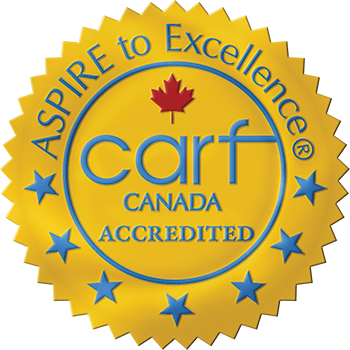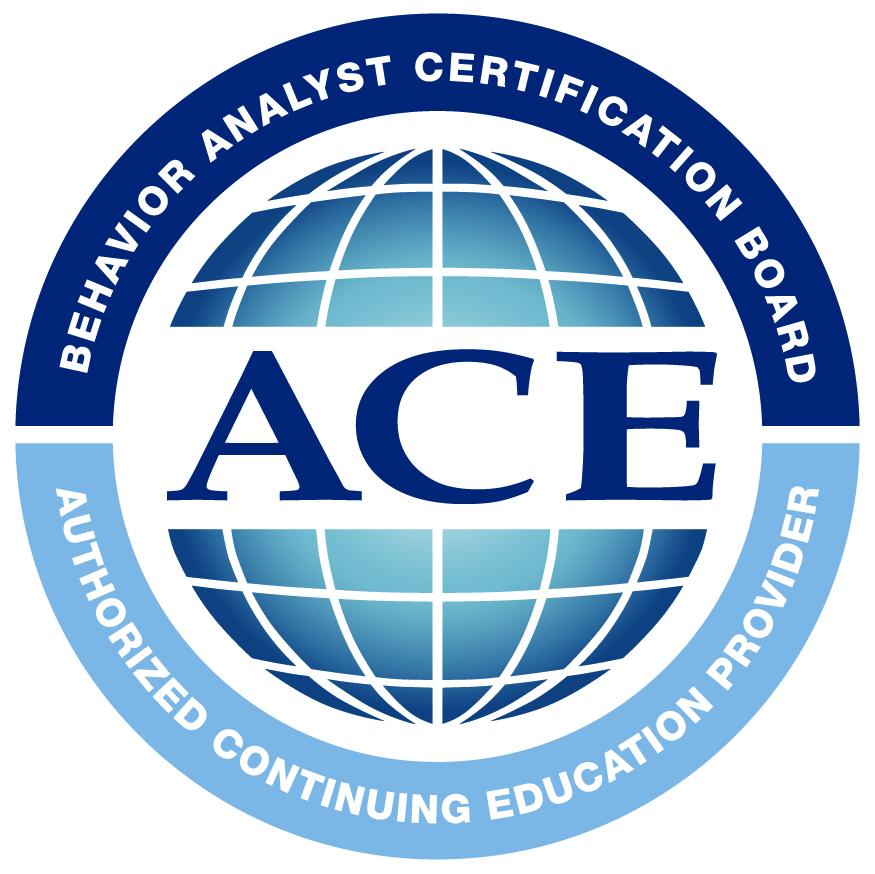Originally published on the J.W. McConnell Family Foundation. Source: http://mcconnellfoundation.ca/blog/2015/11/25/building-caring-communities-rethinking-services-to-persons-with-developmental-disabilities/?utm_source=hootsuite
Guest blog by Gord Tulloch, Director of Innovation, posAbilities
Have you ever had a professional crisis of faith? One where you question the entire foundation of your work and career?
Four organizations (posAbilities, Burnaby Association for Community Inclusion, Inclusion Powell River and Simon Fraser Society for Community Living) were facing down a troubling problem together: why were people with developmental disabilities rarely part of community life? Why were they often segregated within programs and services versus thriving in community? And what was our role in that?
Despite forty or more years of deinstitutionalization, where thousands of people with developmental disabilities moved out of massive institutions and into staffed homes in the community, and despite our collective desire to answer the mission of our funder of “good lives in welcoming communities,” people were not part of community life. Not really. This was the starting point of change: acknowledging to ourselves that whatever we were doing and trying and saying, it wasn’t working.
Mix in John McKnight’s argument in A Careless Society where he illustrates how professional systems have appropriated our personal duty to care for one another. In making care the business of governments and professionals we have removed it from the personal domain.
Mix in Michael Sandel who talks about the moral limits of the marketplace and how some things can’t be purchased without being corroded. Take buying votes or friends, for example. Whatever you get, it will be neither democracy nor friendship. But then, what are the implications for social services? To what extent can “caring” for people become a commodity that can be procured by government and converted into a contract deliverable?
Mix in David Hume who, in 1751, said that justice was a remedial virtue; we only invoke it when the primary virtues fail (benevolence, kindness, etc.). The origin story of our sector is about individuals, families and their allies fighting for representation within our political, legal and social institutions. Important work. Essential, even. But how do we build a society that is kinder, more open, and more empathetic?
Mix in the fact that the activities of social service organizations tend to consist of social triage—those with those most urgent needs get services while the rest have to wait. But who is wading upstream to address the social determinants of individual (and community) wellbeing?
Mix in the work of the economist, Stefano Zamagni, who argues that the social economy is humiliating and perverse because it is non-reciprocal. There is no exchange of goods that takes place—there is only those who “give” and those who “take.” And that is dehumanizing.
Mix in the Vancouver Foundation report (2012) on Connections and Engagement, which illustrated so powerfully that social disconnection affects everyone, not just people with disabilities. It is our collective problem, and we need to grow the grammar of “we” if it is to be solved.
These are the elements that precipitated a professional crisis for me, for us. It was the impetus behind Building Caring Communities (BCC), a team of community builders who also build social circles around persons with disabilities who are socially isolated. Next month I’ll explore some of our emergent learning from this new “service.”










